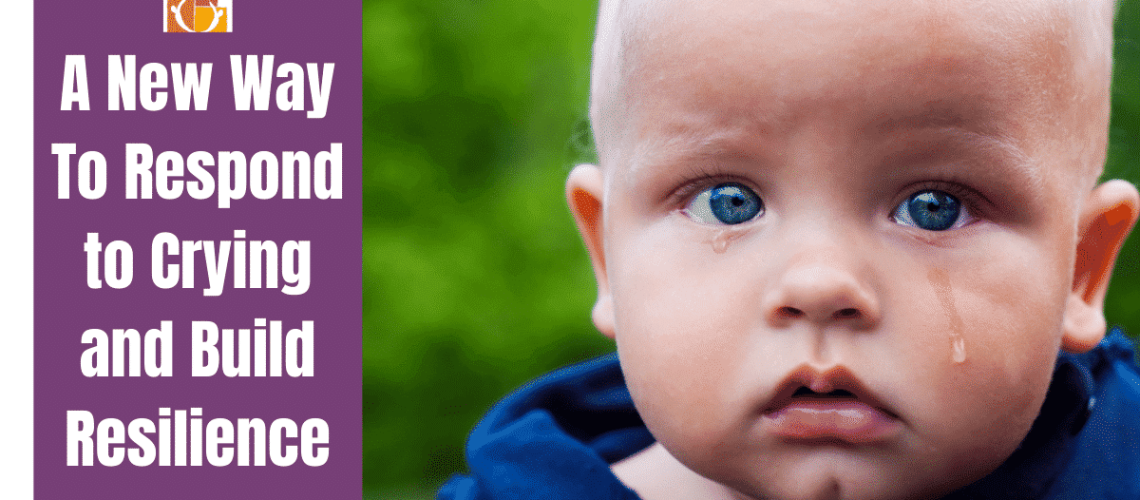What happens to you when your child cries?
- Do you rush in to find out what's wrong?
- Do you try to shush the cry, and tell your child it'll be all better soon?
- Do you attempt to distract your child with toys or making them laugh?
- Does your heart sink because crying seems to jangle your nerves, and you don't know what to say or do?
However you respond, it's because you want your child to feel better. Let's face it, when your child stops crying it looks like they feel better. But what if these common responses actually do the opposite? When the emotions causing the crying get stuffed away, a child just looks for other ways to offload.
And what does that matter anyway?
“It changes everything to have your child unload their big feelings, and to have you there supporting them while they do it,” says Patty Wipfler, Hand in Hand Parenting's founder.
That's right. Children actually recover well when they can cry freely. Which means, you don't have to stop your child's tantrums.
In this talk, Patty Wipfler uncovers the real reasons children cry, and how, when parents respond in ways that support the underlying emotions, their behavior issues transform and they develop greater resilience.
Watch The Ultimate Tool To Boost Your Child's Resilience
You'll learn:
1:20 – The role of crying and how it helps your child build confidence and resilience
3:09 – Why your calm presence when a child cries is so supportive for them and their healing
4:12 – What this tool is, and how to do it
6:12 – How to become your child's anchor of calm when they feel rocky
8:55 – Why you don't need to offer explanations, solutions, advice or teaching during your child's upset moments
10:00 – Patty's story of the first Staylistening with her 2-year-old son, who refused to eye drops medication. (One cry turned it all around!)
12:10 – Why listening to crying can stir up your own emotions and why that's ok.
14:10 – Why we don't recommend naming a child's feelings during their cry.
Children's emotions serve an important and healing purpose in your child's life. Crying can help your child offload grief, sadness and disappointment, giving them new confidence, resilience and a real zest for the world around them.
Learn All Five Hand In Hand Tools
You can read about the science behind the tool of Staylistening here
Turn what you thought you knew about parenting on it's head! Get our book Listen and learn five science-backed tools to foster closeness and connection in your family. Find out where to buy your copy.

